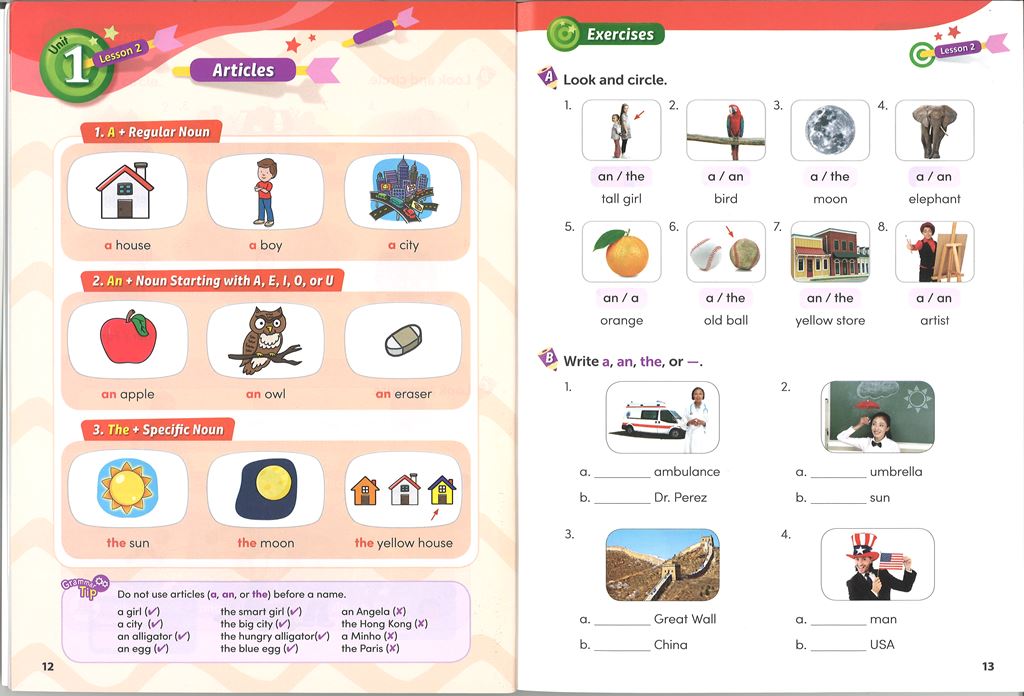


The word “but” can be a sign of disagreement here.Ī: Richard probably won’t marry Antoinette.ī: Oh, but I hope that he will do so after all! When you hope that a negative statement is untrue, you could say “but I hope that he does/is/etc.”. In your example, the word “certainly” makes the meaning quite clear in other cases, it is better to echo “didn’t” (or another auxiliary verb) in such a response than to say “I hope not”: you could say “I hope you didn’t”, which means you hope that I didn’t do any business with her. You wouldn’t really say “I hope so” to a negative statement under normal circumstances. In general, when you say “I hope not” to a negative statement, you agree that what the other person said is undesirable the “not” is an echo of the negation in the original sentence, not a new “not” to negate the original negation. I hope that it is not so that you did business with Miss O’Kane.(= “I hope that you did…”, since double negative equals positive) I hope that it is not so that you didn’t do business with Miss O’Kane.I hope not could be interpreted in two ways: whether or not the negation is included in the situation that I hope is not true. The question is, whether or not the negation in “didn’t” is included in the statement that falls under “I hope not”, i.e. I hope not: I hope that situation is not as stated. The waiter was really nice, though.ĭo this exercise to test your grammar again.I hope so: I hope that the situation is as stated. This way of expressing contrasting ideas is most common in spoken English. Though can also go at the end of the second phrase. Though I wasn't keen on the film, I thought the music was beautiful. Though can be used in the same way as although. She didn't get the job, even though she had all the necessary qualifications. I enjoyed the course, although I would have liked more grammar practice.Īlthough we saw each other every day, we didn't really know each other.Įven though she spoke very quietly, he understood every word. Even though is slightly stronger and more emphatic than although. although / even thoughĪfter although and even though, we use a subject and a verb. In spite of the fact that he worked very hard, he didn't pass the exam.ĭespite the fact that he worked very hard, he didn't pass the exam. Note that it is common to use in spite of and despite with the expression the fact that, followed by a subject and verb. In spite of the pain in his leg, he completed the marathon.ĭespite having a headache, I had a great birthday. They never made much money, in spite of their success. in spite of / despiteĪfter in spite of and despite, we use a noun, gerund (- ing form of a verb) or a pronoun. The main difference between although, even though, in spite of and despite is that they are used with different structures. We enjoyed the festival, despite the rain.

They can all be used at the beginning or in the middle of the sentence.ĭespite the rain, we enjoyed the festival. Grammar explanationĪlthough, even though, in spite of and despite are all used to link two contrasting ideas or show that one fact makes the other fact surprising. 'in spite of', 'despite', 'although', 'even though' and 'though': Grammar test 1 It's illegal to use mobile phones while driving. In spite of the law, people continue to use mobile phones while driving.ĭespite the law, people continue to use mobile phones while driving. Look at these examples to see how although, even though, in spite of and despite are used.Īlthough we don't agree, I think she's a brilliant speaker.Įven though we don't agree, I think she's a brilliant speaker.


 0 kommentar(er)
0 kommentar(er)
